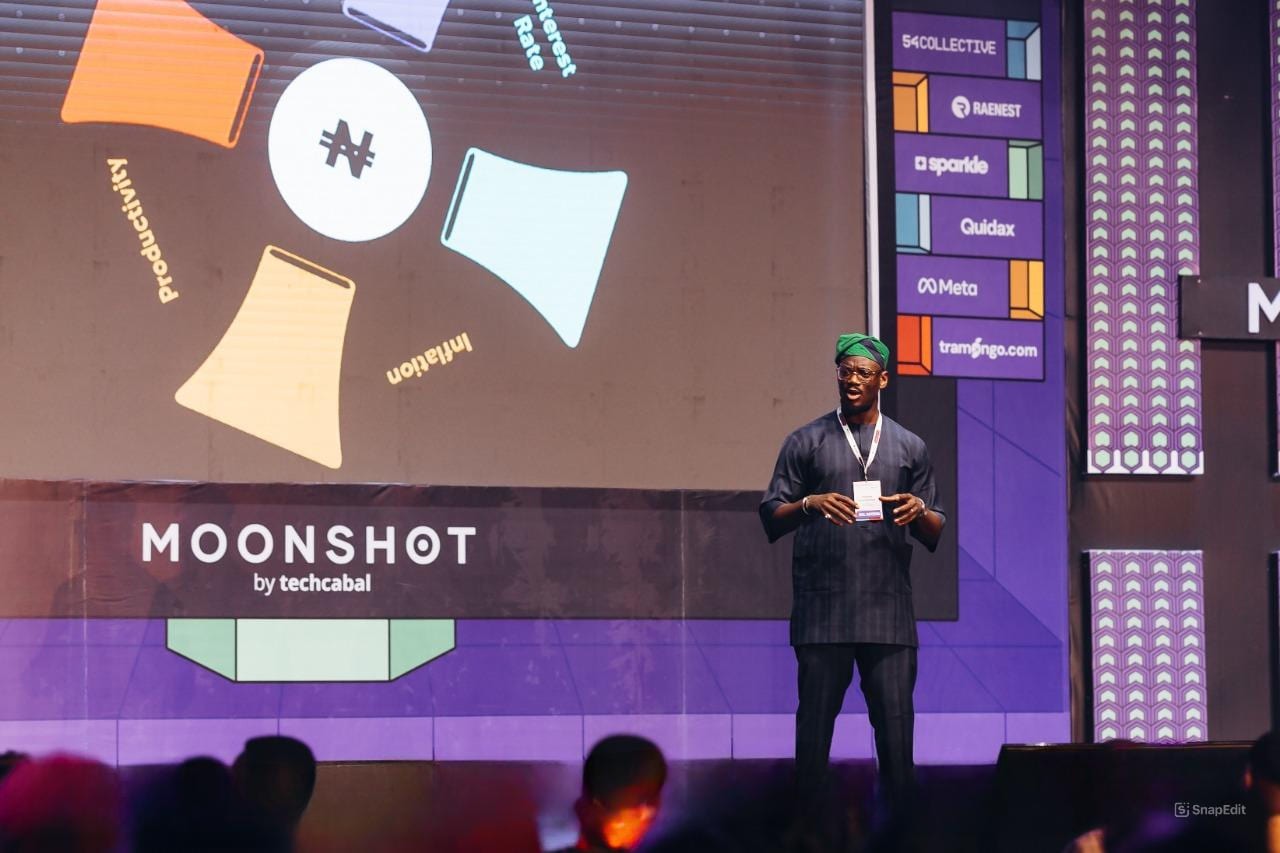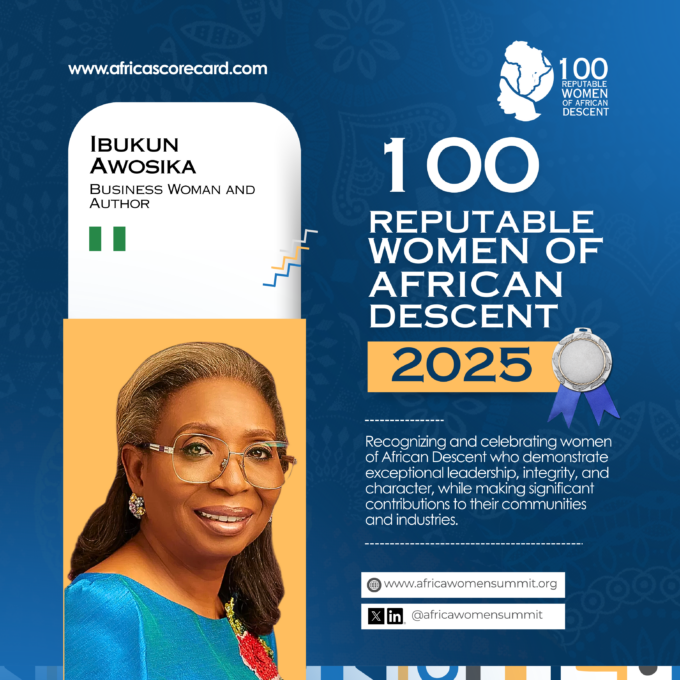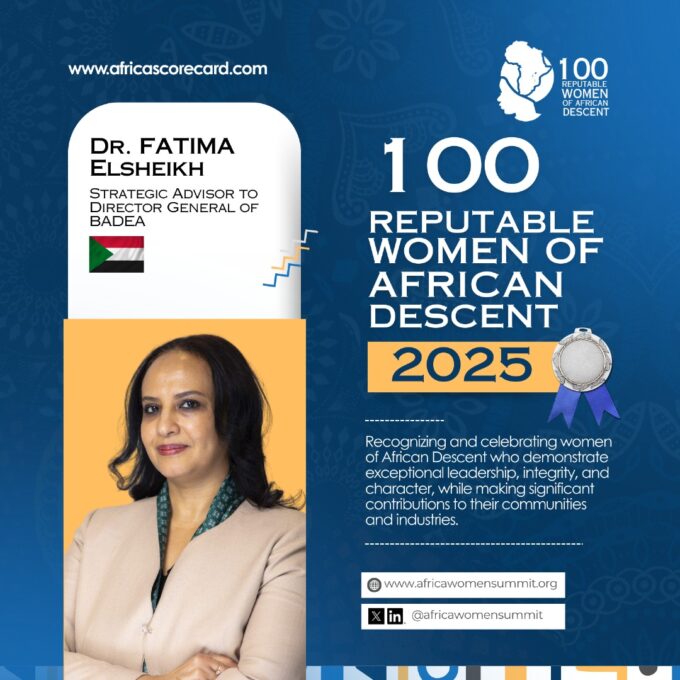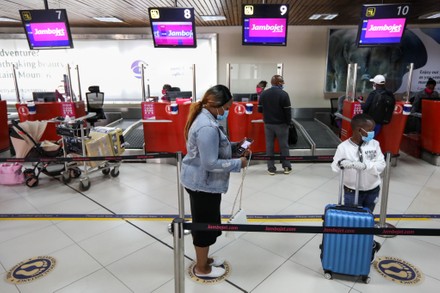African leaders from across the continent called for enhanced partnerships with the private sector to strengthen Africa’s role in the global digital economy. The high-level pan-African Ministerial panel session featured policymakers from Nigeria, Ghana, Sierra Leone, and Mauritania, emphasizing the importance of collaboration to drive Africa’s digital transformation.
Speaking during the 40-minute panel discussion were Kashifu Inuwa Abdullah, Director General of Nigeria’s National Information Technology Development Agency (NITDA); Dr. Augustina Odame, CEO of the Ghana Chamber of Technology; David Manley, Chief Advisor on Technology, Sierra Leone; and Marieme Kane, Director of Innovation at Mauritania’s Ministry of Digital Transformation. The session, titled “Building Digital Economies for the World: How African Countries Are Shaping Their Tech Economies,” explored the strategic actions African nations need to take to compete on the global stage.
Policymakers stressed that while policies are crucial, additional efforts are needed to bridge Africa’s infrastructure gaps and foster partnerships that can boost the continent’s digital economy. These gaps, they argued, limit Africa’s ability to fully participate in the global tech ecosystem. The panelists highlighted that investing in infrastructure and strengthening partnerships between governments and the private sector are essential steps to advance Africa’s digital competitiveness.
Collaboration with Private Sector Essential for Growth
Dr. Augustina Odame emphasized the importance of private-public sector collaboration, calling it critical for unlocking the resources necessary to develop Africa’s digital economy. “We’ve seen many private-public partnerships fail, but we need them now more than ever,” she said, urging governments to create frameworks that encourage investment from private entities. She noted that these partnerships are key to financing the large-scale infrastructure required to support digital growth across the continent.
There was a shared consensus among the panelists that governments must also invest in human capital. Innovators and entrepreneurs require the right technical skills to thrive in a tech-driven economy. Abdullah echoed this point, stating that creating an enabling environment for young innovators will drive Africa’s tech ecosystem forward, with the continent’s digital economy projected to reach $180 billion by 2025.
Strategic Initiatives to Drive Nigeria’s Tech Economy
Nigeria’s Minister of Communications, Innovation, and Digital Economy, Dr. Bosun Tijani, spoke at a fireside chat during the conference, outlining the ministry’s plans to create a pipeline of technical talent through its Three Million Technical Talents (3MTT) program. “The government must invest early in talent if we want technology to drive growth,” Tijani emphasized. His vision includes training a new generation of tech professionals to meet the demands of Nigeria’s growing digital economy.
Tomiwa Aladekomo, CEO of Big Cabal Media, pointed out the challenges of building in Africa’s tech landscape but maintained that the goal should be to build for global markets. “While the continent has been the foundation of our innovation, we need to now expand our reach if we are to truly thrive,” he said, reflecting the sentiment of many in Africa’s tech space who aim for global success.
Addressing Regulatory Challenges in Cross-Border Payments
During a panel session on cross-border payment solutions, fintech experts discussed the regulatory hurdles that hinder their growth. The complex regulatory frameworks across African countries create challenges for startups, particularly in navigating settlement delays and compliance with evolving regulations. Moyo Sodipo, co-founder of Busha, emphasized the need for fintech companies to maintain strong relationships with regulators to adapt to these challenges.
Conclusion and Future of Moonshot by TechCabal
The Moonshot by TechCabal 2024 conference, sponsored by Sabi and other key stakeholders, attracted over 3,000 delegates, including major tech investors and innovators from across Africa. Attendees included industry leaders such as Kola Aina, Olumide Soyombo, and Babajide Duroshola. The conference concluded with a renewed call for collaboration between governments, investors, and innovators to ensure Africa’s digital transformation is sustainable and inclusive.














Leave a comment